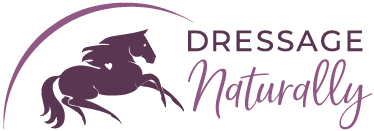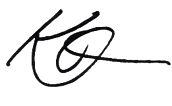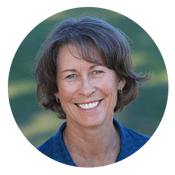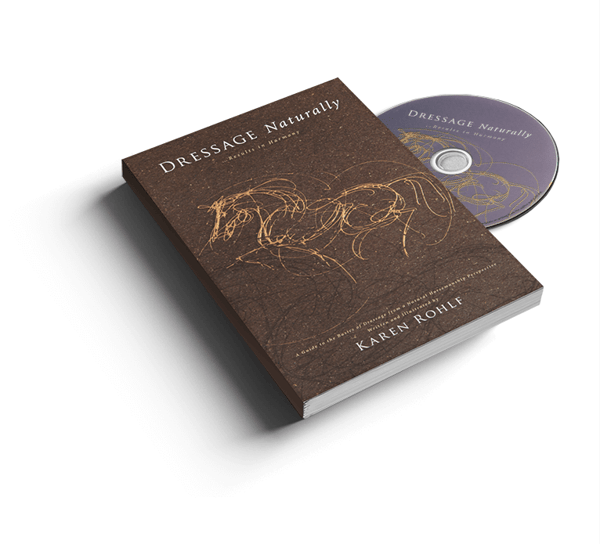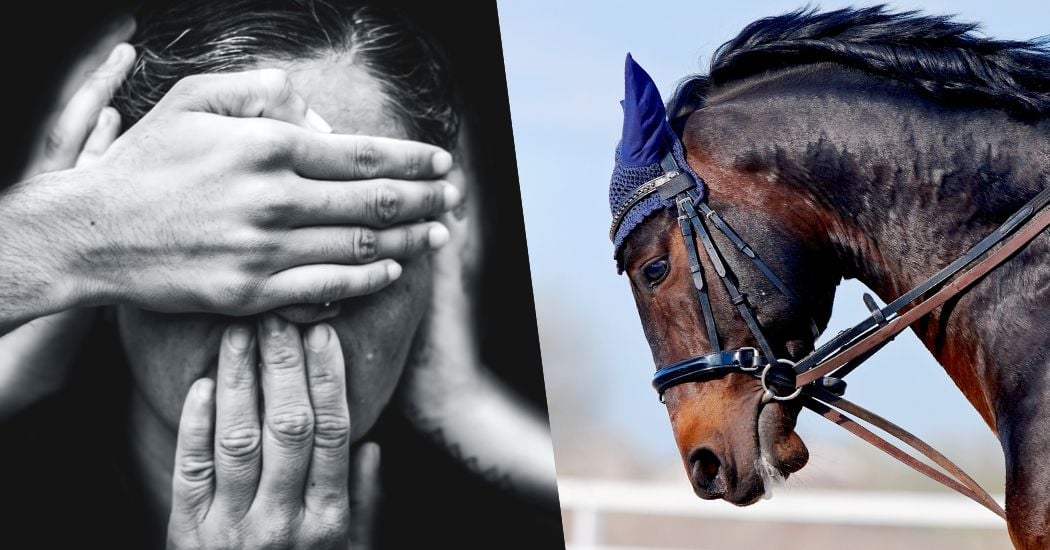
When it comes to horse welfare we all need to play a part, but even though it 'will take a village', personal responsibility is paramount. As much as we all would love to think that WE would do something when we see a horse in need, that's easier said than done. There are a few studies of human behavior that come to mind. Being aware of these dynamics can help us be more conscious of our own behavior and perhaps spring into action when we need to.
Smoke - When We Don't Trust Our Instincts
There is a classic experiment where people were put in a room and then smoke started coming out of a vent. They were observed to see how long it would take for them to take an action about it. When they were alone, their instincts kicked in sooner. however when in a room with others (who were actors who did not react) the subjects would look around, see that no one else was acting on it, and so would also not act (or would wait much longer before acting). The more people in the room, the longer it would take.
This is referred to as a 'diffusion of responsibility' and I think this can explain a lot of what happens in the horse world. A new student may come in to train with a top professional with many competitive credentials. They are excited at this opportunity. Then they observe this trainer being rather harsh to a horse. It's a bit shocking, but they look around and see that no one else in the arena seems to notice or be bothered. They see other accomplished riders and very fancy horses in training with this person, so they tell themselves 'It must be OK'.
These students or observers become 'trained', in a way, to ignore and tolerate this even though I am sure it doesn't feel right to them when they first see it, or any time they see it. They may train themselves to think of it differently but I am sure there is a feeling in there, somewhere that they are having to suppress. They know in their hearts even if they have trained their brain that it is 'normal'.
Knowing about the 'diffusion of responsibility' dynamic allows us to have compassion for ourselves and others if we don't act. AND if we remember this dynamic in the moment, we can have a chance to overcome it in the moment.
It takes personal strength and self-confidence to overcome 'the bystander effect'.
Can we commit to doing or saying the thing we know we want to do or say?
Can we realize in the moment that NOT doing or saying something may be something we regret later?
Mirrors
Taking action can start with a question or a comment out loud. This way others who may be feeling the same way but don't know what to do can see that they are not alone. We are social animals and look to each other. It is natural to want to 'belong to a group' and it can take courage to be different.
It seems, though that the ability to take positive action can also be 'contagious.' Sometimes it just takes one person to cause others to be their best selves. This video demonstrates that effect:
We mirror each other's lack of action and we mirror each other's actions.
The choice then becomes: How do you want to feel at the end of the day? Do you want to go home and have to ruminate over what you could have said? Do you want to kick yourself later about what you could have done? Or do you want to trust your instincts to create situations that work for you and your horse or the horses around you? Do you want to ask the question that needs to be asked in the moment?
Be The Change
Contrary to what the bumper sticker says, Gandhi did not say: "be the change" but he did say this:
“If we could change ourselves, the tendencies in the world would also change. As a man changes his own nature, so does the attitude of the world change towards him ... We need not wait to see what others do.” ~Gandhi
If you see a situation that seems cruel where you feel helpless and sad and where you feel like you don't belong or that it's not your 'place' to say something, know that this means that YOU are in the best position to make a positive change.
The people you see doing nothing in the situation are used to it, they are too close to it, and it will be harder for them to do anything about it. There is nothing wrong with them; it is human nature, as we have seen in these videos. We can practice compassion for the people who have become mesmerized and numb. Perhaps the greatest act could be to simply ask a question: "This doesn't feel right - Is this normal here?" You may find others who agree and are grateful for the company.
We're not all confrontational or fighters but we can still be helpful. We can do our best to Be in a way that demonstrates compassion, enrolls others and/or that shows an alternative; something to move towards.
So many of my students say they feel like the weirdo at their barn for having so much fun with their horses. Being the weirdo who is experiencing joy and compassion in their relationship with their horse is as powerful and important as being the one who is writing petitions, enforcing laws, changing rules, and rescuing horses.
Following is a video that illustrates how I see my role in the horse welfare issue. The beginning shows how I felt a couple of decades ago when I was a dressage trainer talking about playing with my horses and riding bridleless. I felt like a weirdo that people were staring at but I was having so much fun I kept going. The end is how things feel now. I am so encouraged by how many people really do want to live in joy with their horses. I am grateful to those who have joined me in this dance and to all the other weirdos out there unapologetically living in their joy with horses.
We ALL can be that first guy.
Just as importantly, we can all be the second, third, or fourth person to join.
We can choose our actions. We can choose who we mirror.
We can remember to trust our instincts and honor those little feelings inside when they bubble up and we can overcome the strong tendency to NOT act on them.
Living in a state of joy and compassion takes practice. I for sure have not mastered it, but I'm practicing.
To help the horses we need to master ourselves, trust our instincts, and be unafraid to say something or do something. The more we practice this in our everyday moments the more chance we will be able to do something in the higher-stakes moments.
We all play a role. Do what you can. It all counts.
Here's one more video of a talk I did about the importance of listening to small disharmonies and transforming them into harmony.
